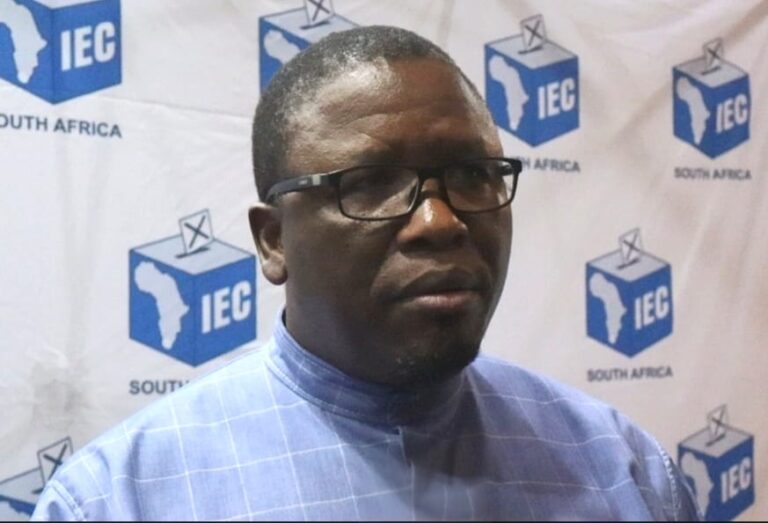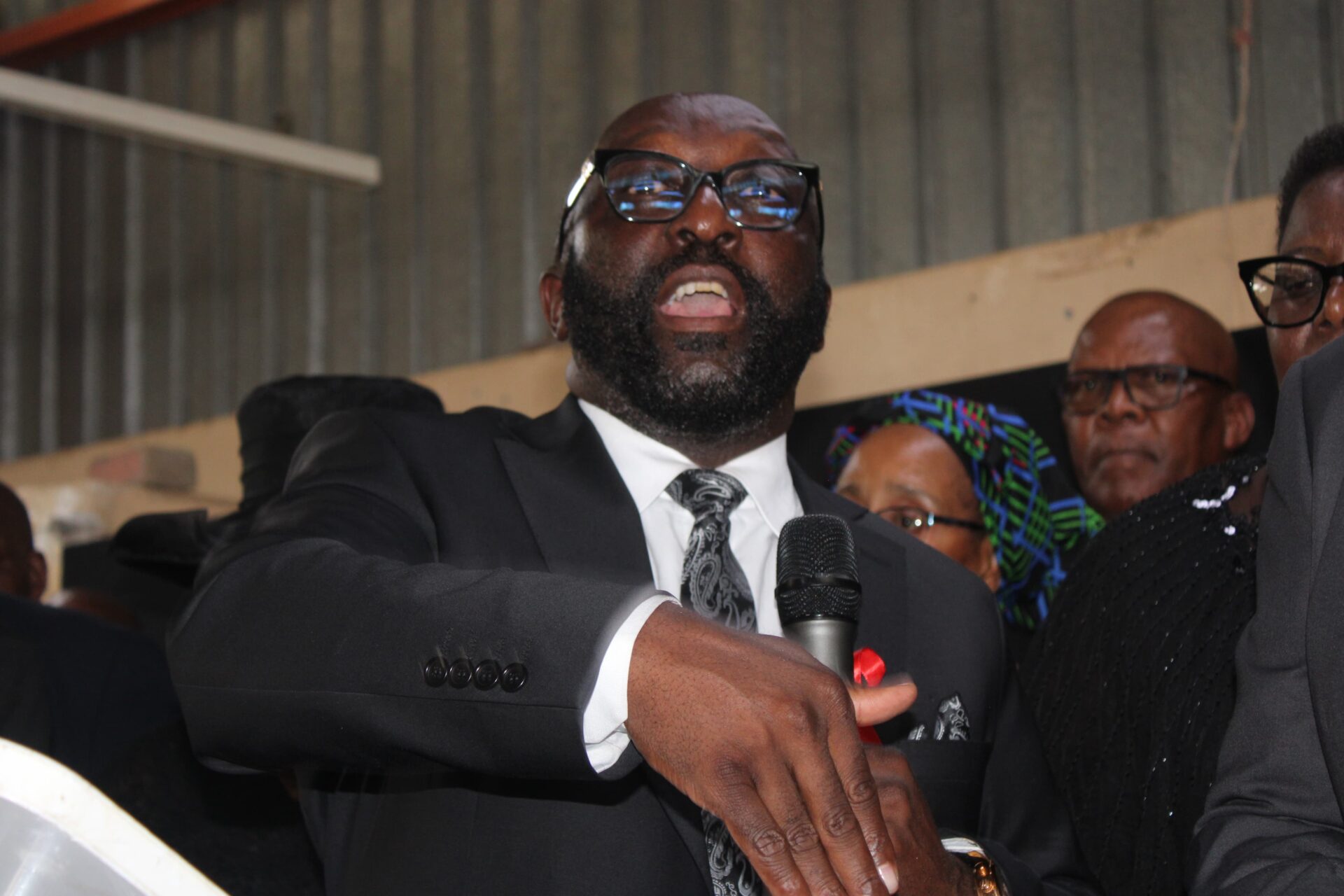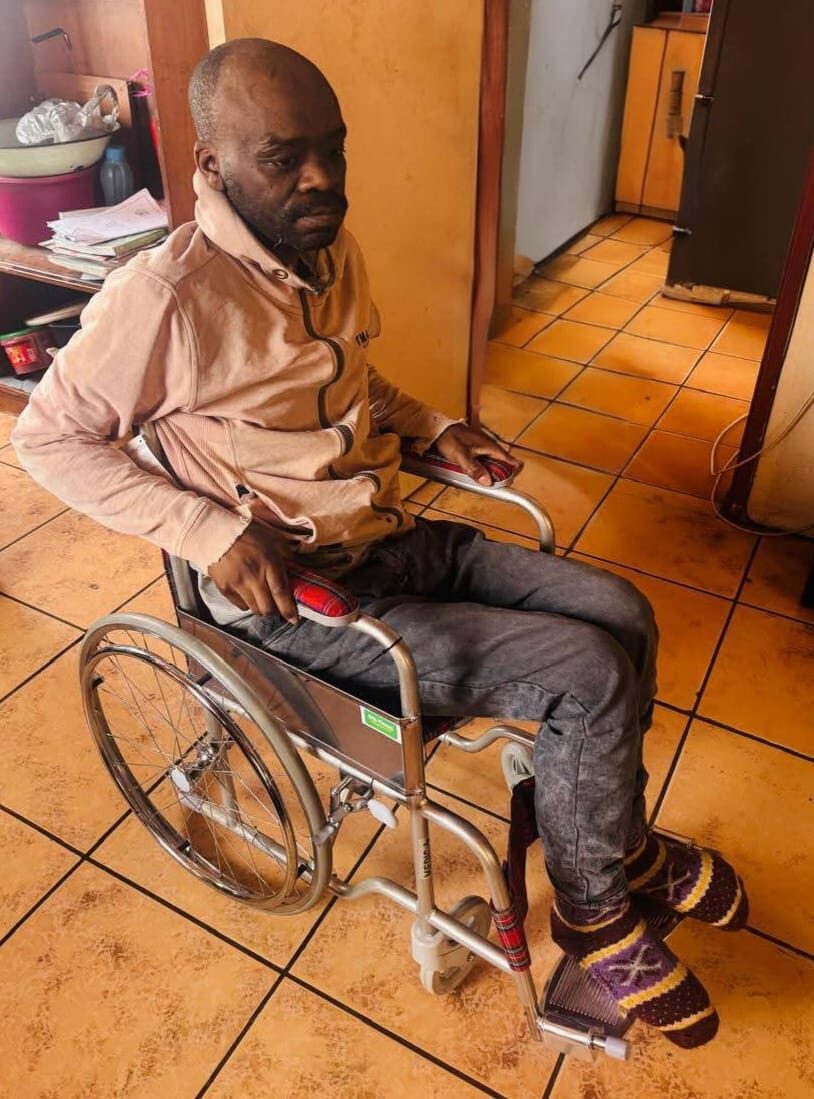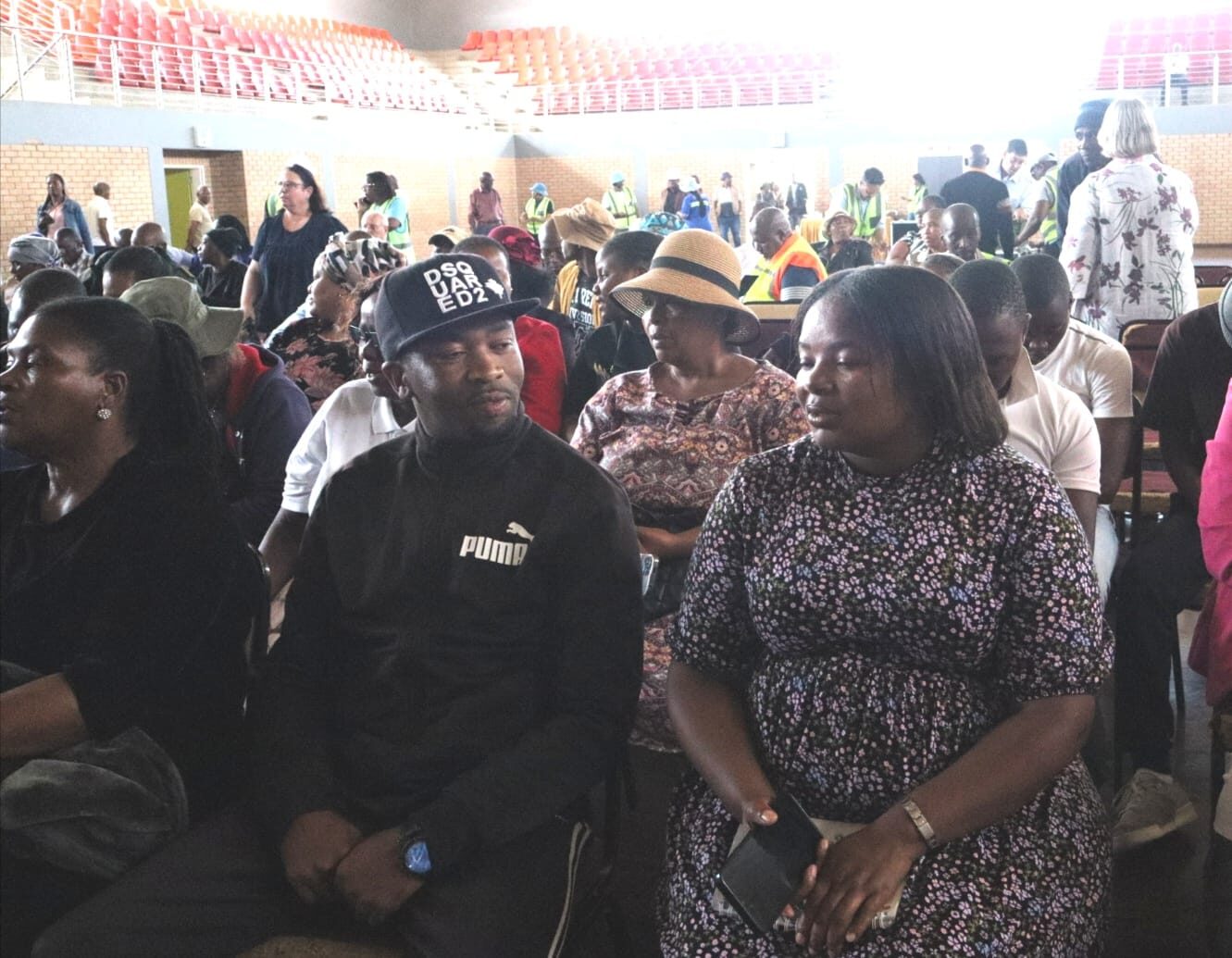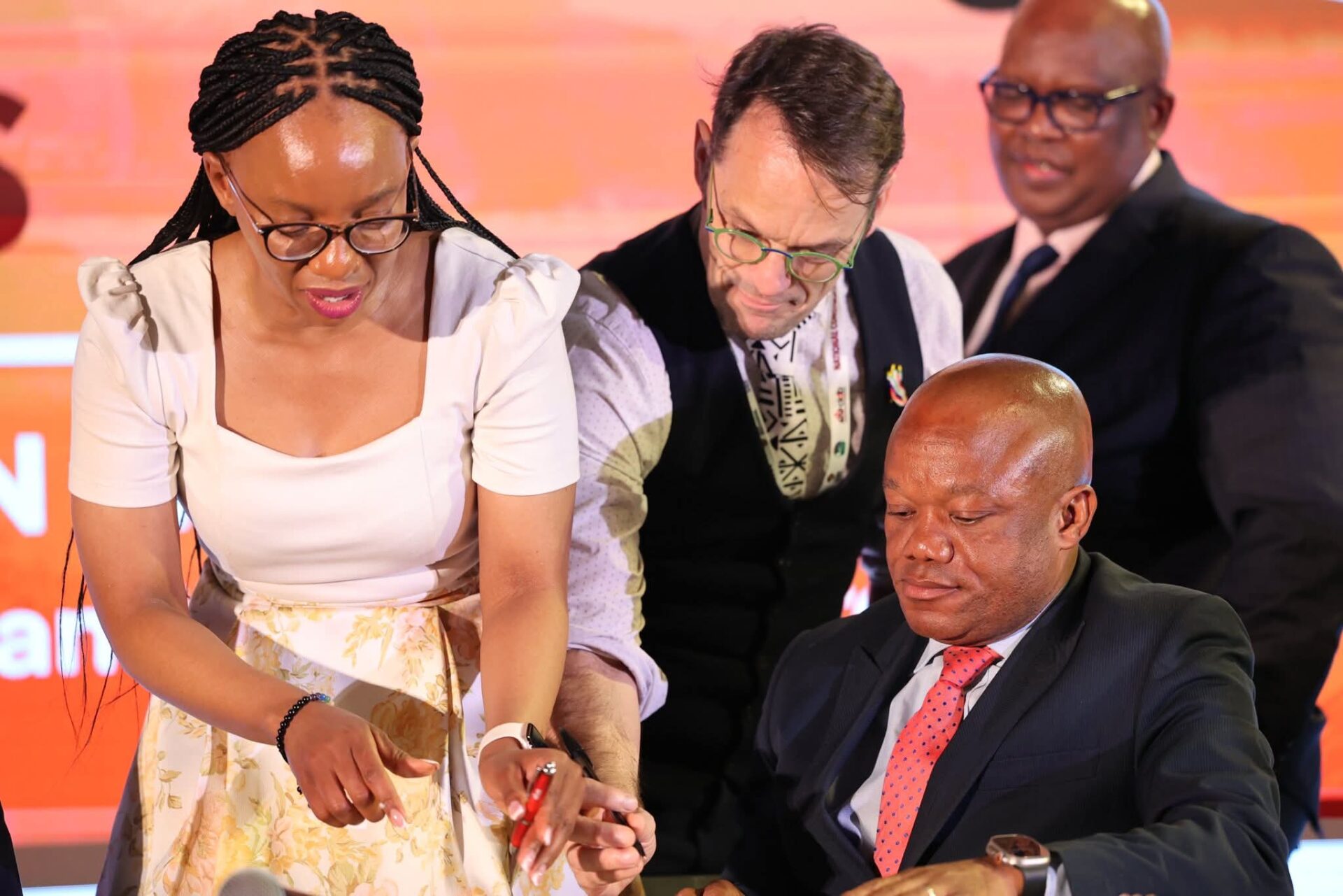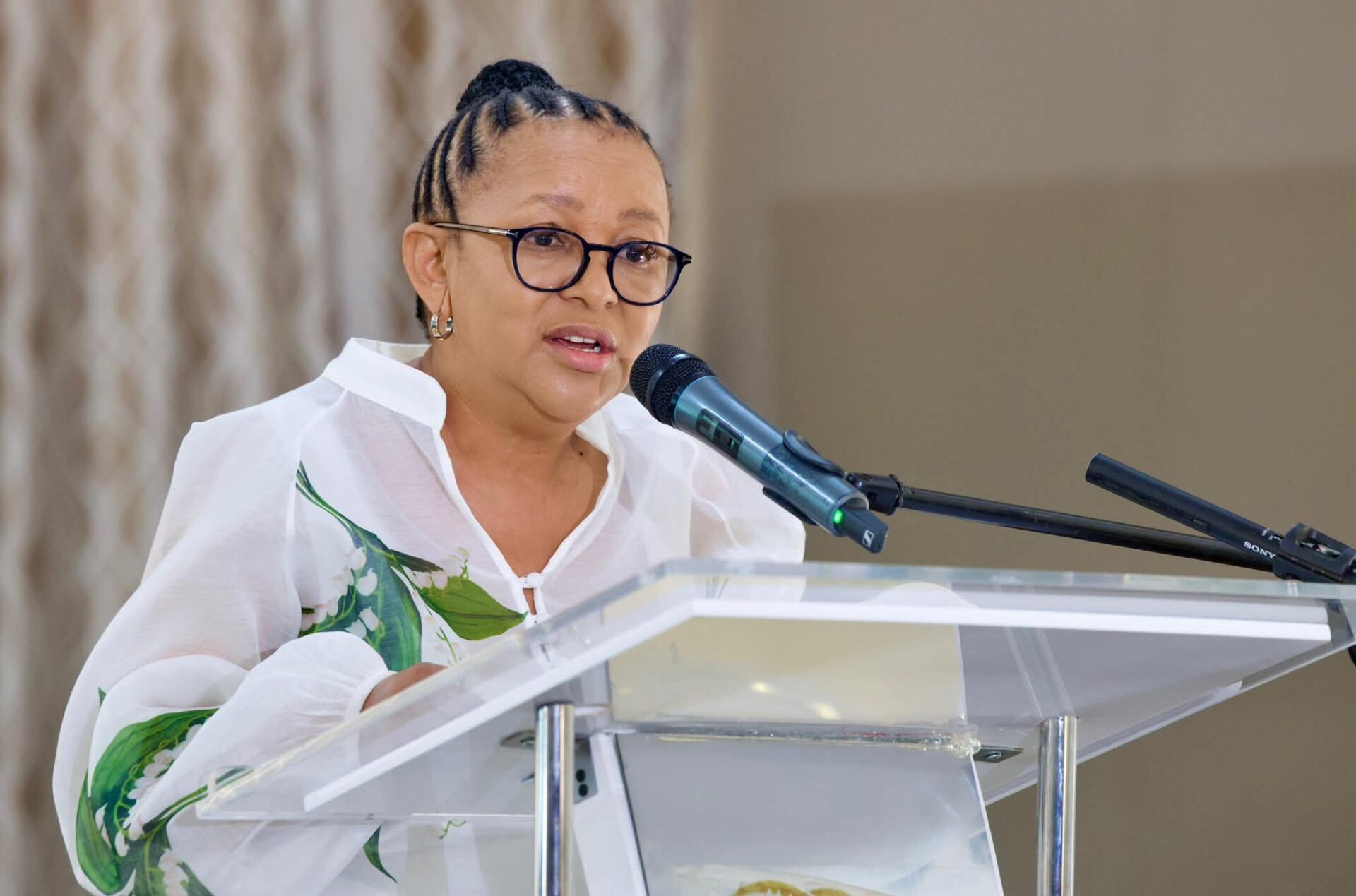By Emily Setona
QWAQWA – Residents of Namahadi village welcomed a rare moment of relief and hope on Wednesday, 17 September, as the Bakoena Traditional Council hosted the Government Communication and Information System (GCIS) G20 Presidency outreach programme, bringing crucial services directly to the community.
For many, the priorities were clear: jobs for the youth and essential services for the elderly.Fifty-eight-year-old Mokheti Polo expressed his relief after accessing Home Affairs services. “I’m glad they came here because when we travel to town, we’re often turned away without help,” he said.
Similarly, 54-year-old Jwalane Mokoena praised the initiative. “We are happy these services are reaching our community,” she said. Yet, disappointment lingered among many elderly residents when Home Affairs officials failed to provide the long-awaited smart ID card conversions from the old green books.
Despite that setback, a broad range of services was delivered. Healthcare, youth development, and banking services were made available, ensuring that different groups benefitted. For young people, however, unemployment remained the dominant concern.
“Many of us are sitting at home with no work,” said 36-year-old Phello Moloi of Boiketlo. “I’m glad this programme allows us to hear about opportunities, but what we need are real jobs.” His frustration was echoed by fellow residents Peter Mofokeng, 34, and 26-year-old Mari Leneha, who both emphasised the urgent need for employment.
The day carried added significance with the presence of traditional and political leadership. The Principal Chief of the Bakoena royal household, Morena e Moholo Moremoholo Mopeli, and the Executive Mayor of Maluti-a-Phofung Local Municipality joined residents in engaging with service providers. Their attendance underscored the importance of bridging the gap between government, traditional authorities, and the people.
What resonated most was the atmosphere. For once, the people of Namahadi felt government meeting them halfway, rather than forcing them to travel long distances at high cost for services that were often out of reach.
While unresolved issues remain—particularly around employment creation and the full availability of Home Affairs—the outreach left many with a renewed sense of dignity and hope.
For the elderly, it was about finally being seen. For the youth, it was about believing that opportunities might one day come their way. And for the community as a whole, it was a reminder that when government services are brought closer to the people, the impact is not just practical—it is deeply human.







